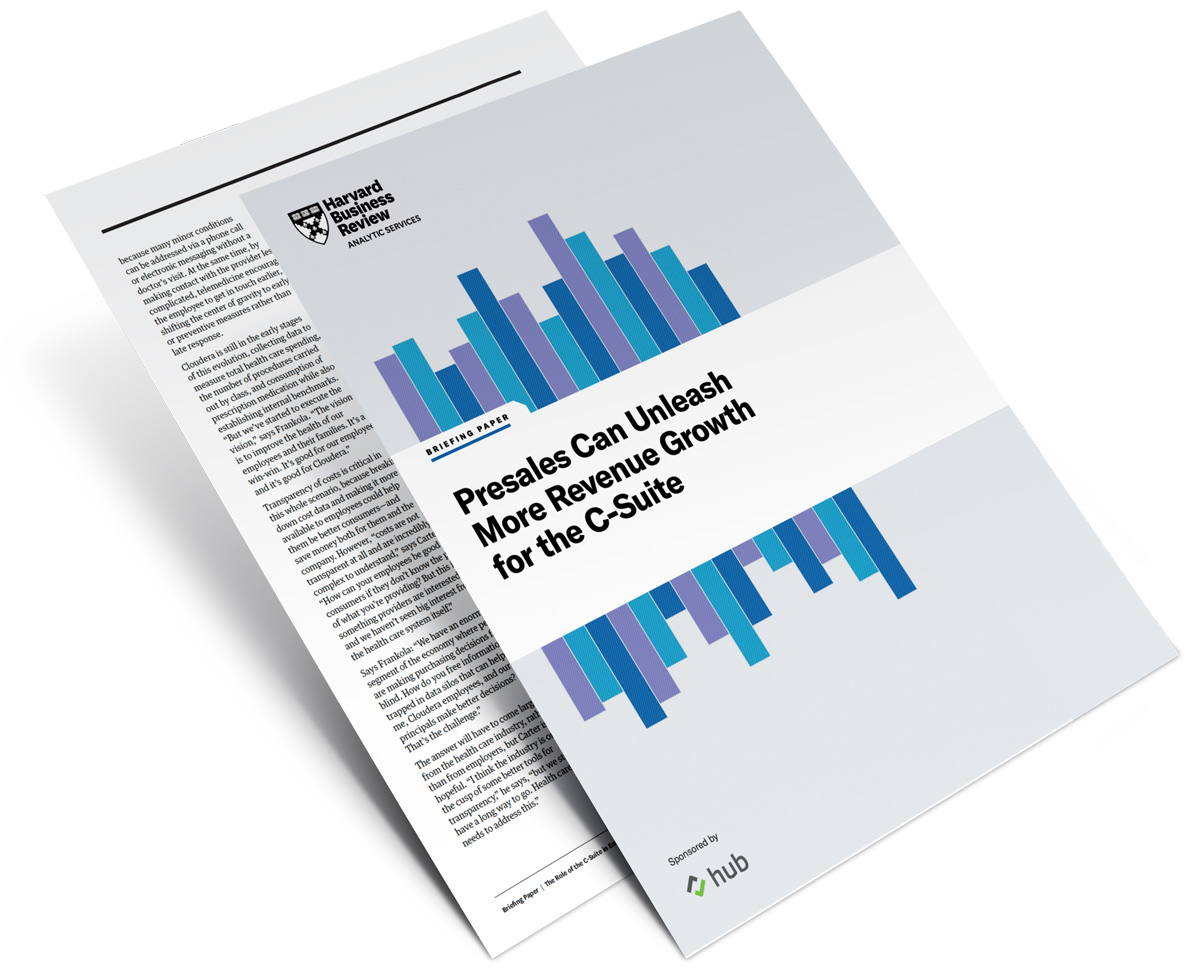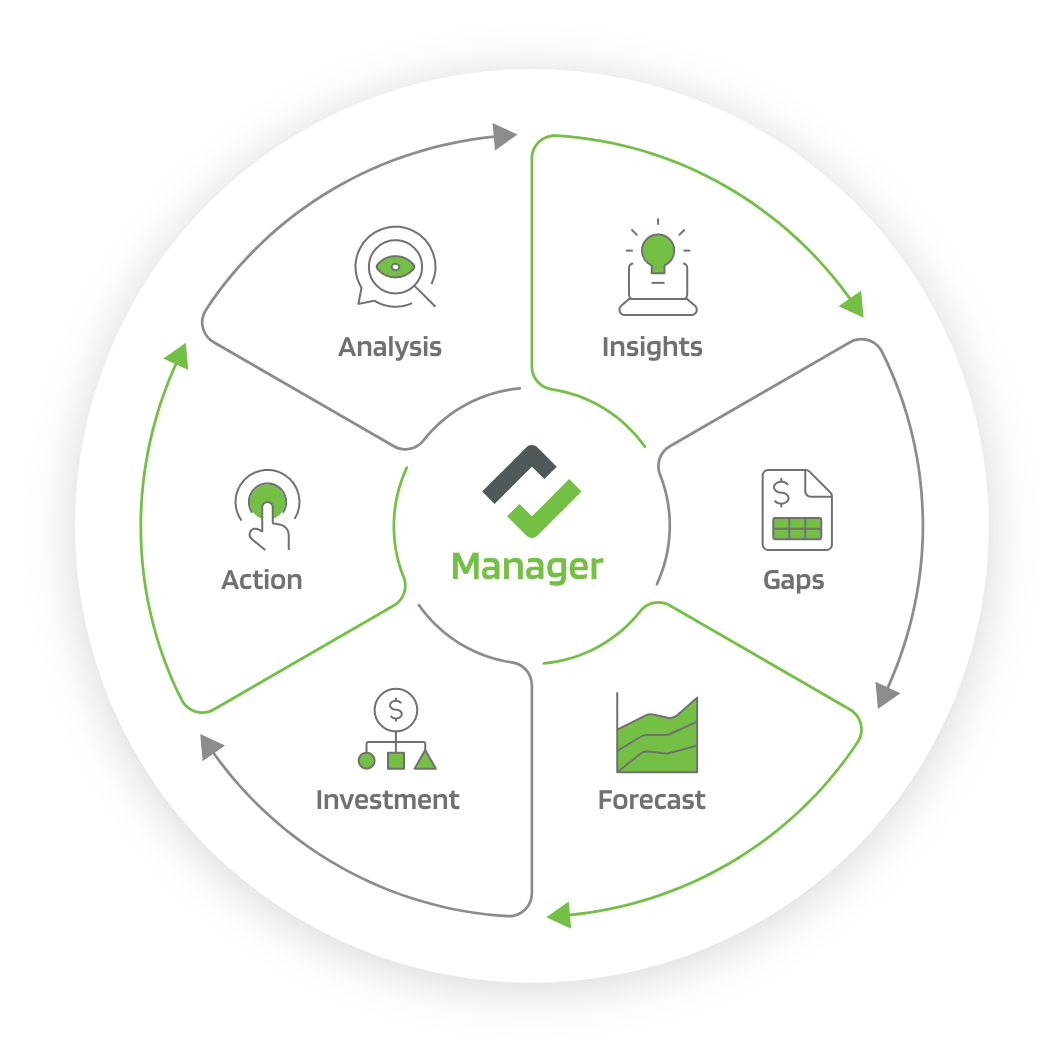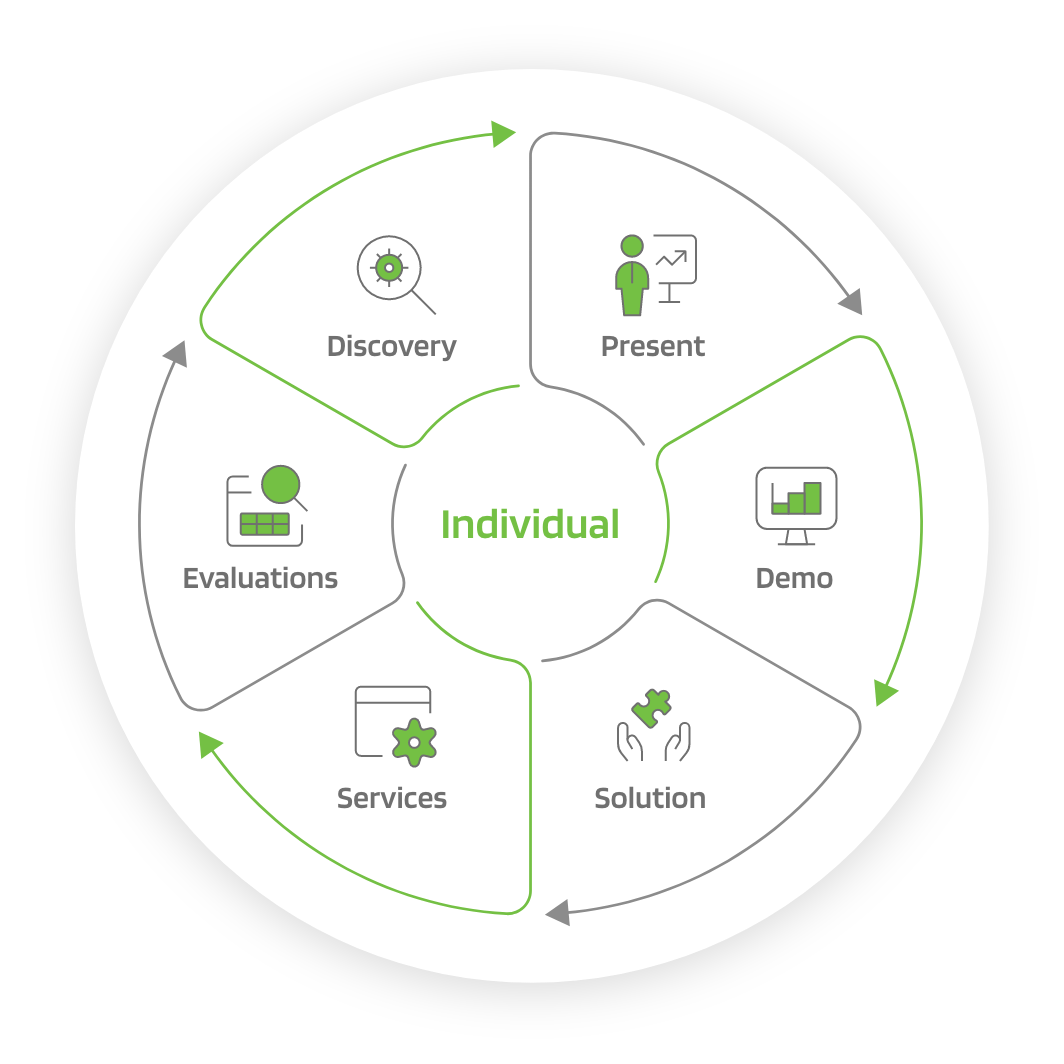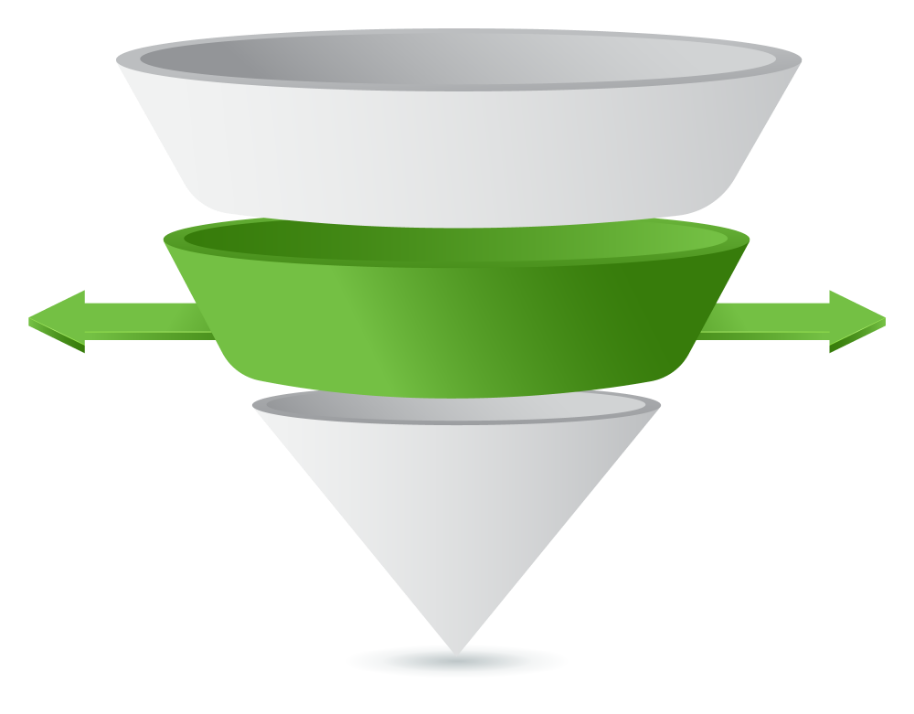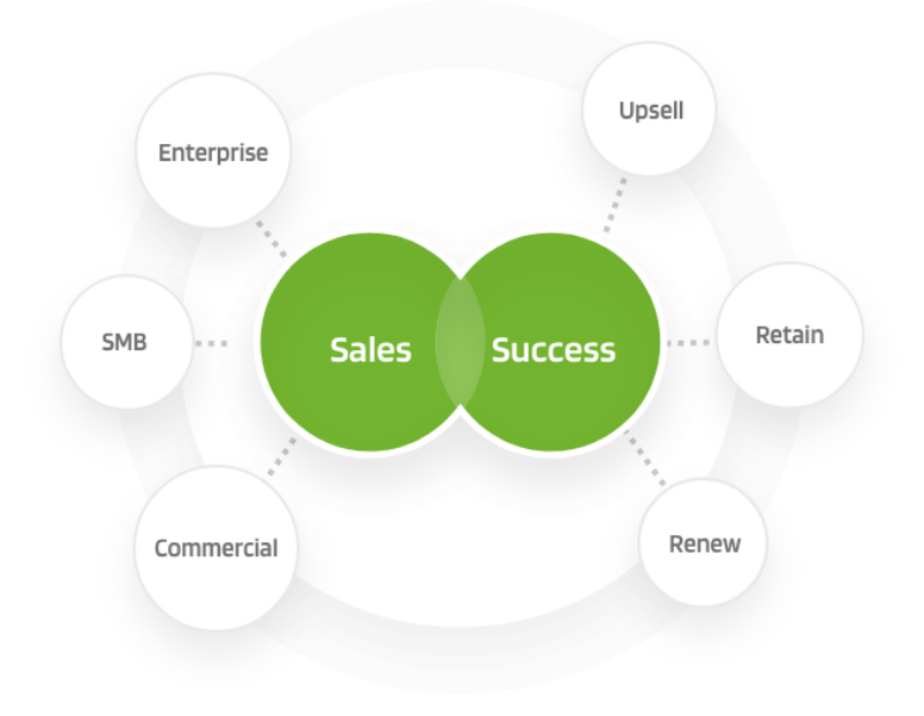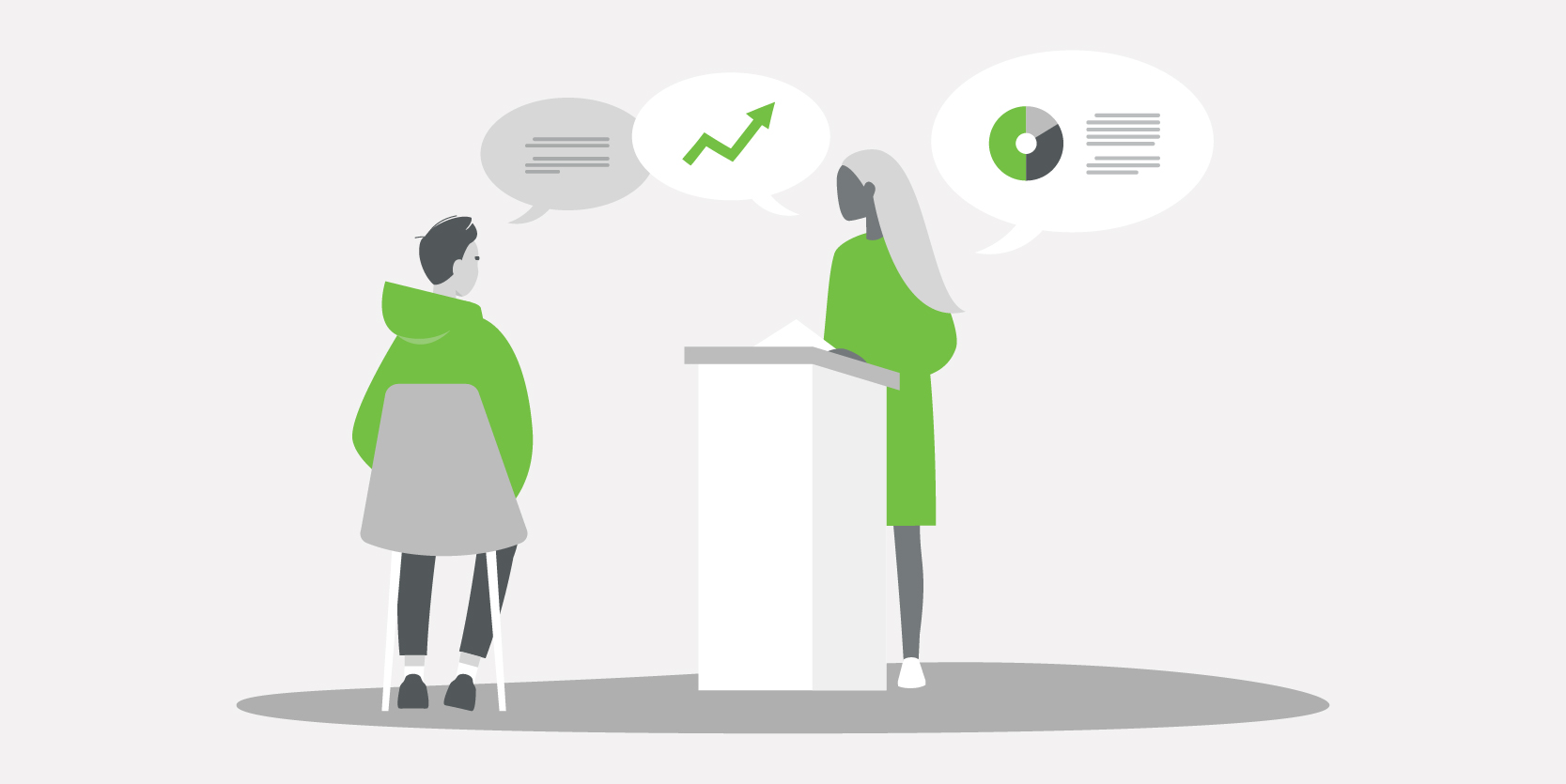
Technical Sales by Hub
Presales Is “Shifting Left” In The Sales Process

One of our Hub investors, who has been a CEO at several companies and is on the board of several more companies, made a powerful statement. He said, “In the Covid and post-Covid era, the days of two-bottles-of-wine salesmanship are over! Buyers don’t want to be wined and dined. They want to be educated and informed, and today presales is co-leading that charge with sales reps.” To expand on this profound insight, I would like to portray two scenarios where you can see presales getting more involved earlier in the sales process, or what I would call shifting left.
To illustrate this point, let’s first look at a sales-ted growth (SLG) motion that incorporates common sales stages of prospecting, qualification, demonstration, evaluation (POC/POV), negotiations, and closing.

As depicted in the traditional SLG approach, you can see that sales played a bigger role in the discovery phase, especially when information was not readily available to buyers, and relationships could be formed in person that allowed for deep discovery. However, these days buyers are self-informed, people are jumping from one Zoom meeting to the next, people’s attention spans are limited, and there is a plethora of choices. All of which adds up to buyers who want to quickly be educated and informed on the technology and solution of interest.
In addition, buyers want faster access to the trusted technical advisor — the presales professional — to engage in a technical discovery where their pains can be understood to determine if and how the vendor’s solution can add value. Hence, presales are asked to get involved earlier in the discovery phase. This enables presales to be more effective by delivering the right personalized demos. And, when necessary, it helps them clearly define the success criteria to ensure a positive outcome during the evaluation (POC/POV) phase, setting up for a technical win that the sales rep can use to negotiate based on value and ultimately close the deal.
While SLG is very much in practice, the emergence of SaaS and solutions that allow buyers to try and buy has made product-ed growth (PLG) a popular sales motion. PLG includes free products and trials (another form of letting the buyer evaluate the product), guided trials, qualification, negotiation, and close.

It is well known that certain CEOs of companies that led with a PLG sales motion have gone on the record claiming that “products will sell themselves” once the products are in the hands of the masses. However, as the PLG motion matured, these very same CEOs recognized that introducing a phase of guided trials led by presales and having the technical qualification phase led by presales meant greater conversion rates that led to favorable negotiations and accelerated sales cycles to the close phase.
The value of presales in PLG sales motions is also very pronounced when there is a broad set of technologies available in a self-serve manner and the usage of these technologies can quickly become overly complex for the buyer. In this case, the presales professional can step in earlier in the sales process as a technical advisor and more effectively guide the buyer to the right mix of technologies that will deliver value and accelerate the sales cycle.
Whether sales motions are SLG or PLG, the role of presales is shifting left. Faster access to presales by buyers is a growing trend, and the value of presales within the sales organization is increasing more than ever. Businesses that recognize the growing value of presales and adequately support this department stand to deliver the right purchasing experience to buyers that will reward the sellers with more business.
